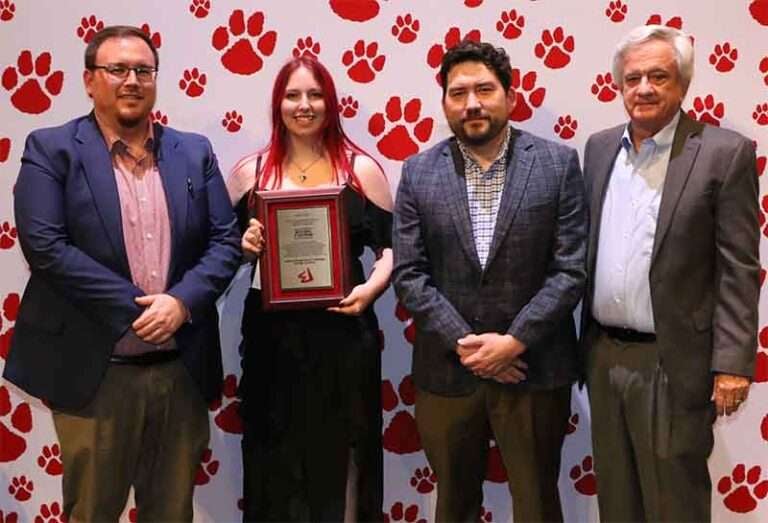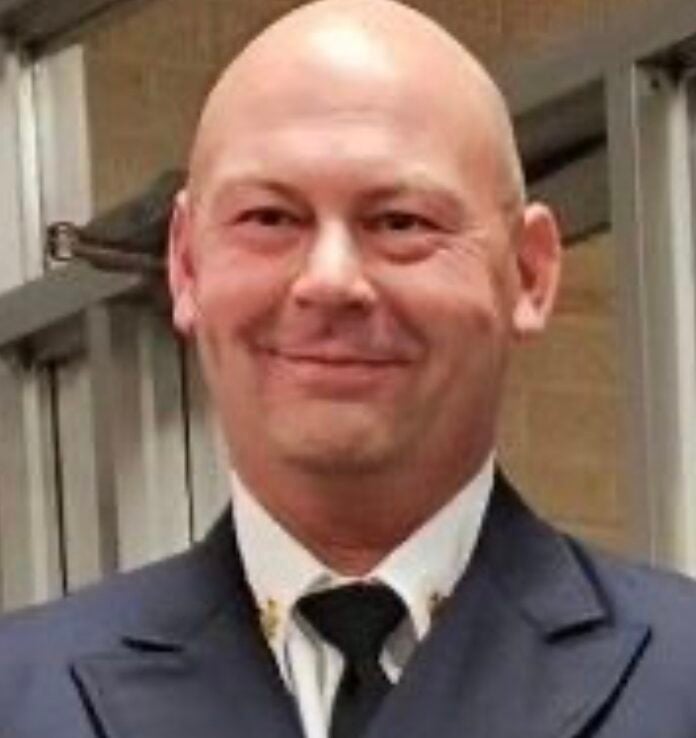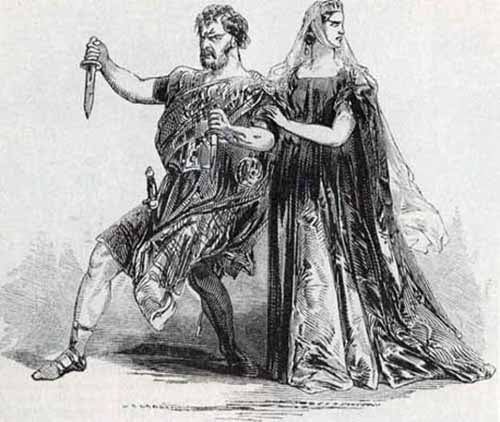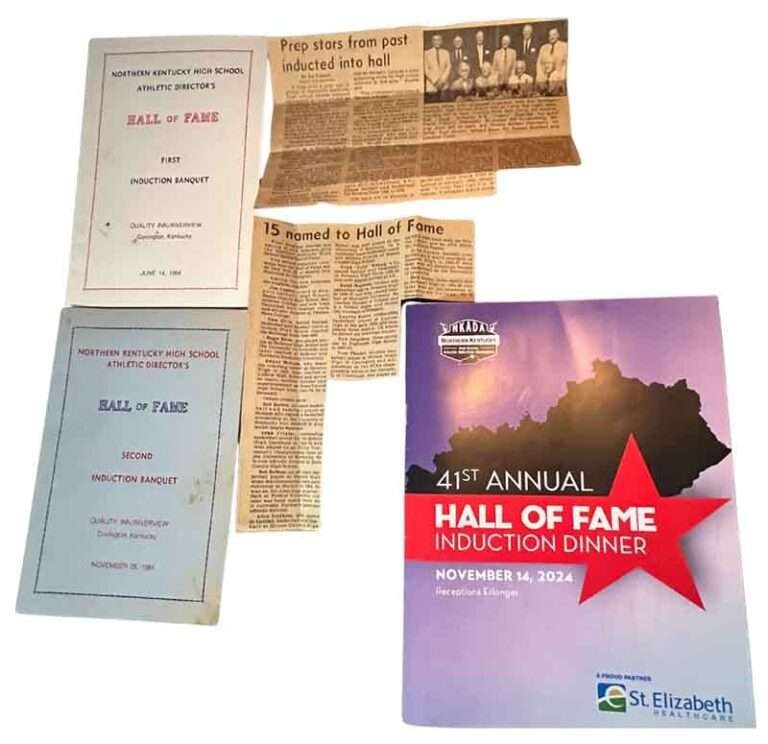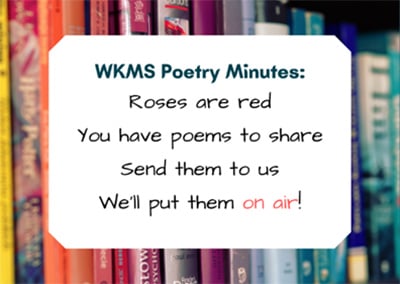For the seventeenth year, WKMS-FM, the National Public Radio affiliate in Murray, has celebrated April as National Poetry Month with broadcasts of poems written and recorded by members of the listening audience. On air, the whole process takes 60 seconds so poems must be brief – around 45 seconds or less, along with the poet’s name and the title of the poem itself.
Poetry Minutes are aired every weekday in April, in the morning drive time, at midday, and at the end of the day.
This year’s theme is “Sounds Like Home,” and to encourage would-be poets, WKMS sponsored three workshops in the western Kentucky region. A total of about 60 people attended 90-minute sessions in Murray, Paducah and Hopkinsville, Ky. As a result of a series of prompts, most left the workshop with at least 2 or 3 short poems.
At the beginning of each session, participants were asked to consider the theme – Sounds like Home – and then to write six words that reflected that idea. When introducing themselves, they included their six words and the results opened the door to an array of images and feelings about home.
In Paducah, one person’s words were a sentence: A VCR clicks to a stop.
A man from Grand Rivers wrote: Birds, green fields, trees, dogwoods.
In Hopkinsville, it went like this for one person: Momma, Cooking, Baking, Loving, Family, Laughter.
Pets were mentioned in several six-word sounds, along with family and laughter and love. The series of words often ended with a perfect sound or sentiment. Some of them included haven, spring, comfort, and light.
Brief introductory statements led to another creative exercise. Given a sheet of plain white paper and some crayons, and directed to use the less-dominant hand, people were asked to draw a picture of home. It could be a current residence, a past domicile, or maybe a home of their dreams.
The resulting images presented a universe of dwellings. One was a fireplace, ablaze with a cozy fire and a cat on the mantel. Another was a small house on a huge open field, the creation os a farmer who owns 100 plus acres. Many resembled the house and stick figures that many children draw.
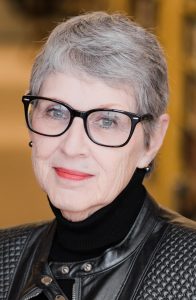
A poem that was used as an example started like this:
The tree in the front yard is bare and rootless.
Next to it a stick figure with boxing glove hands
watches the sun sprout stiff fingers of light…
The front door is crayoned shut,
outlined in black. Knobless.
– By Constance Alexander
The next inspiration for “Sounds Like Home” poems was four lines by a young girl, titled with the address of her home. It went like this:
826 Michigan
Turn around go to the short hill
Into the cave of wonders over the gold bridge
Under the cold of outer space
Over the airplane flying fast like an arrow
– By Summer, Age 9
At this point in the 90-minute workshop, an exercise created by former Kentucky Poet Laureate George Ella Lyons invited participants to think about a room in their house and to recall specific sensory details of that room. With about ten specifics, the prompt was to write a list poem of short statements, beginning with “I remember” statements. If the writer paused, then it was time to shift to “I forget” statements. Through the process, many writers were delighted to uncover vivid memories.
The time flew by in every session and Asia Burnett, station manager of WKMS, anticipates that many of the short poems will be submitted and aired to celebrate National Poetry Month.
For more information, direct general inquiries to msu.wkms@murraystate.edu.
Station Manager: Asia Burnett, aburnett2@murraystate.edu.
Information about Poetry Minutes in the past is available at wkms.org.
Launched by the Academy of American Poets in April 1996, National Poetry Month is a special occasion that celebrates poets’ integral role in our culture and that poetry matters. Over the years, it has become the largest literary celebration in the world, with tens of millions of readers, students, K–12 teachers, librarians, booksellers, literary events curators, publishers, families, and—of course—poets, marking poetry’s important place in our lives.








